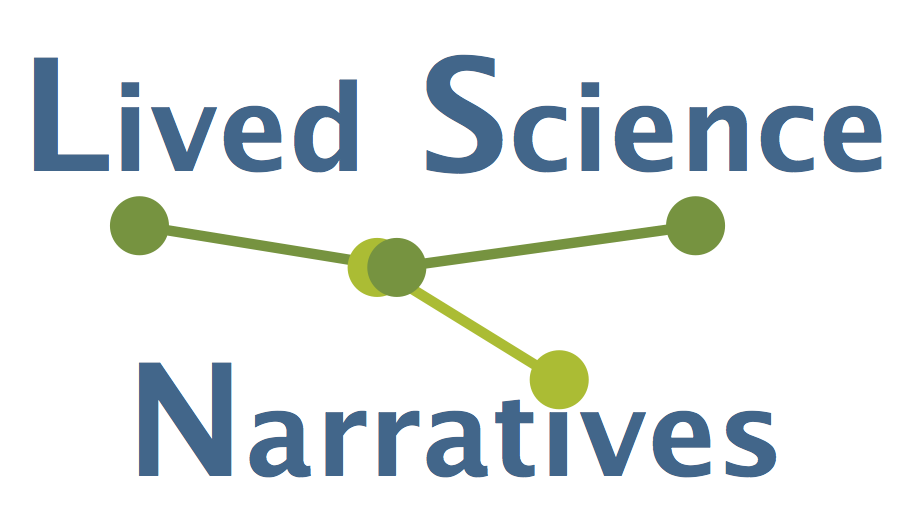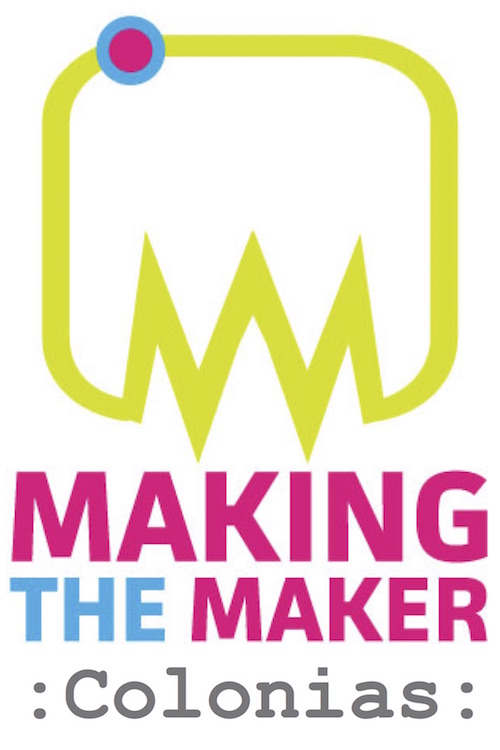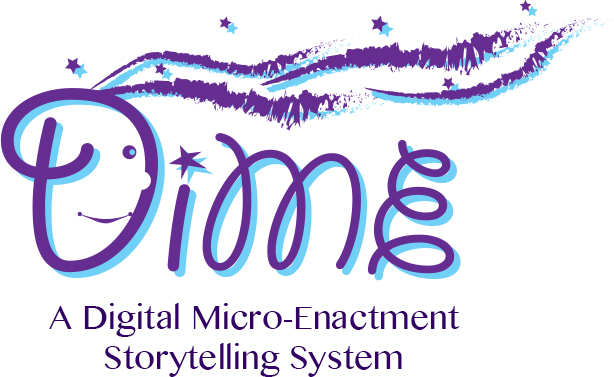The Embodied Learning & Experience (ELX) Lab
The Embodied Learning & Experience (ELX) Lab [pronounced 'el-x'] conducts research in two main broad areas: learning technologies and technologies for health and well-being. The guiding principle of the lab is that we conduct research for real users and in authentic settings. We engage in human-centered design and evaluation of both existing and new technologies. Our work lies at the intersection of the social sciences and technology design.
Current PhD Students
Lab Projects

Lived Science Narratives: Supporting Science Learning through Wearables
Lived Science Narratives is a NSF-funded project that investigates how to contextualize learning of elementary science topics with children’s everyday experiences through the use of wearables, specifically the smartwatch. (Project page here)

Making the Maker: A Pathway to STEM for Elementary School Students
The 'Making the Maker' project is an NSF-funded project that aims to investigate how Making can be used to scaffold the interest of children, especially from underrepresented populations, to pursue STEM-related careers. The main mechanism through which the project aims to achieve this goal is to support the development of children's identity as Makers by integrating Making activities longitudinally into the elementary school curricula. (Project page here)

Making in The Colonias: STEM Participation through Making as Micro-Manufacture
This project explores a model to create a sustainable ecosystem for implementing Making-based learning in school districts. The model pairs a high school with an elementary school such that the high school class produces components for Making activities to be used in the elementary school science class.

Everyday-Inspired Media for Well-Being
Digital media such as streaming movies and online videos have replaced the static and monolithic TV set in many homes. With digital media there are new opportunities to harness the power of stories to impact people's lives. This project investigates whether and how movies that people consume can be made to align with their everyday experiences, and whether such everyday-inspired media can be positively impact their sense of well-being.

Enactment-Based Storytelling for Second-Language Learning
The DiME project investigates the use of embodied enactment augmented through the use of motion tracking to support children's creative thinking and creative self-efficacy in learning English as a second language. The system is based on the concept of performative authoring. Performative authoring scaffolds the child's writing process by enabling her to create a pre-writing form of her ideas and imagination in a cartoon story without the impediment of the technical aspect of language first. The child subsequently can then use the cartoon story as an 'outline' for producing the formal essay.(Project page here)
